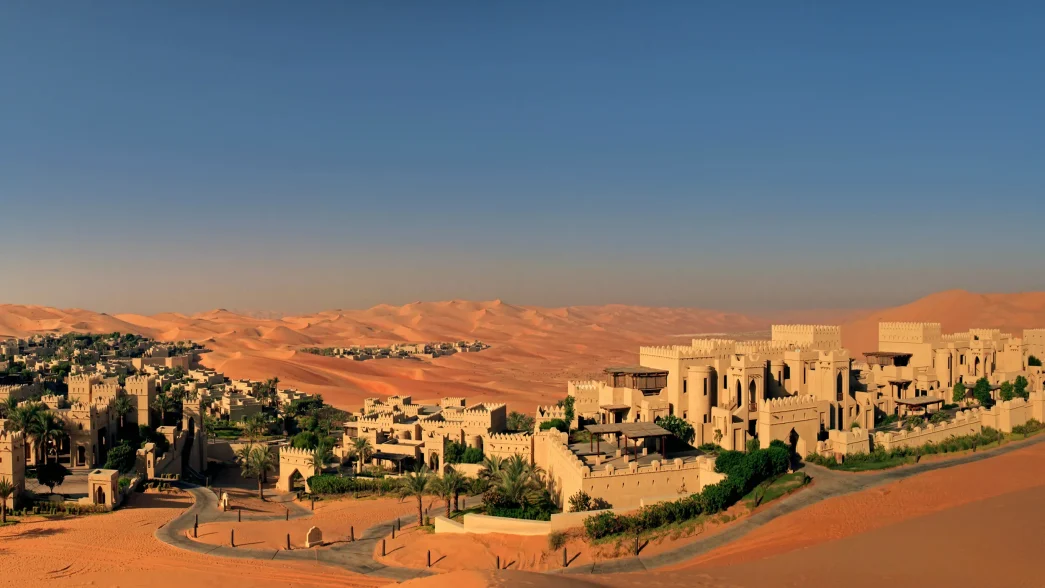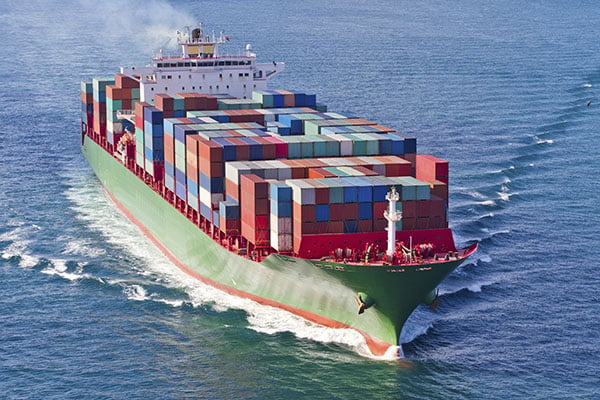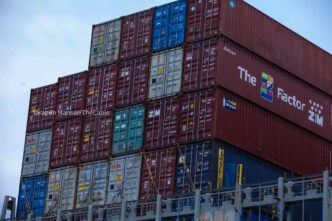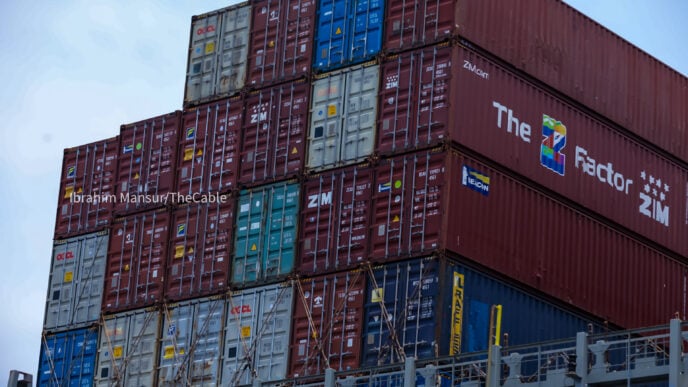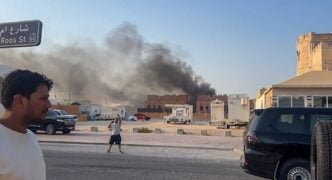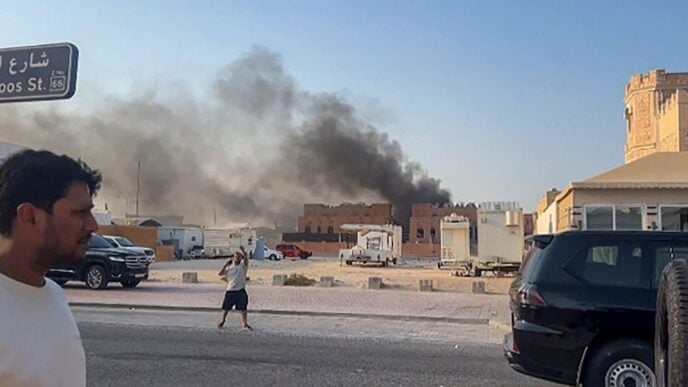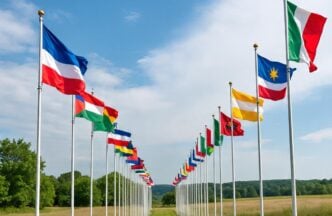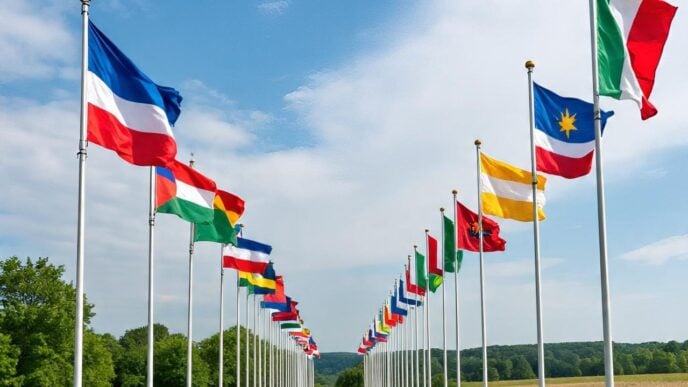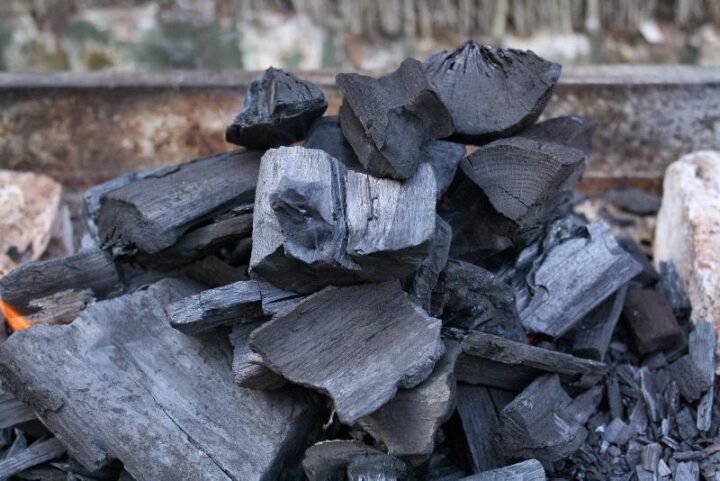BY ANITA CHIDIOGO ICHEKA
The Middle East has long been a theatre of protracted and multifaceted conflict, defying numerous international efforts at peacebuilding and stabilisation. Since the decline of the Ottoman Empire and the subsequent partitioning of the region in the early 20th century, the Middle East has experienced continuous waves of armed conflict, political instability, foreign intervention, and humanitarian crises. While certain conflicts in the region appear episodic or localised, the recurrence, intensity, and interconnection of many of these crises suggest that the underlying causes are deeply rooted and systemic.
The foundation of the incessant unrest was laid during World War I when Britain and France secretly carved up Ottoman territories through deals such as the Sykes–Picot Agreement and the Balfour Declaration. These agreements ignored the cultural and religious diversity of the region and created artificial borders. People with little shared history were forced into the same states, while others were split apart. To secure their interests, colonial powers installed rulers who lacked local legitimacy in which the result was weak states, fragile identities, and simmering grievances that have never healed.
When colonial rule receded, hope briefly surfaced in the form of Arab nationalism. Leaders like Egypt’s Gamal Abdel Nasser spoke of unity and dignity, yet pan-Arabism faltered under the weight of rivalries, narrow leadership, and the absence of genuine political reform. As nationalist fervour lost momentum, religion reentered the void and became a tool of politics. The 1979 Iranian Revolution was a turning point: it replaced a pro-Western monarchy with a Shi’a theocracy and set off an ideological rivalry that unsettled Sunni-led monarchies across the Gulf. From then on, Sunni versus Shi’a politics became a central fault line, exploited by elites to consolidate power and by outside actors to advance their interests.
Advertisement
It is good to note that no single conflict has shaped the modern Middle East more than the Arab–Israeli dispute. Born of overlapping nationalist claims, broken wartime promises, and mass displacement, it has resisted every easy solution. The creation of Israel in 1948, the Nakba (catastrophe) that followed, still leaves a fresh wound that persists. The wars of 1967 and 1973 redrew maps, and the occupation of Palestinian territories deepened statelessness and anger. Buoyed by security narratives, settlement expansion, and mutual distrust have continued to frustrate peacemaking. For many across the region, the dispute is not simply about territory: it is a contest over memory, justice and dignity.
Weak governance is another recurring theme. In countries such as Iraq, Syria, Libya and Yemen, endemic corruption, elite capture, and exclusion eroded public trust long before the uprisings of 2010–2011. When those regimes buckled under popular pressure, the vacuum was often filled not by functioning institutions but by armed groups and patronage networks. Extremist organisations like ISIS and al-Qaeda did not emerge in a vacuum of ideas alone; they thrived where states failed to provide jobs, security or a sense of belonging. In fractured societies, violence becomes a service: it enforces order, provides livelihoods, and hands out identity.
External interference has made these problems worse. From the colonial carve-up to Cold War alignments and today’s great-power competition, foreign states have repeatedly treated the Middle East as a stage for their strategic ambitions. The United States, Russia and now China pursue influence through military support, economic deals and diplomatic manoeuvres. Regional powers, most notably Iran and Saudi Arabia, have turned many local disputes into proxy contests, funding rival militias and stretching conflicts across borders. Rather than settling disputes, such interventions extend them, feeding cycles of retaliation and distrust.
Advertisement
The human cost is staggering. Millions have been displaced; entire cities have been shattered; economies that once promised prosperity now struggle under the weight of conflict and mismanagement. Refugee flows ripple into neighbouring continents, energy market shocks reverberate worldwide, and extremist networks export violence far beyond the region. Ordinary lives, families, schools, and markets suffer the daily reality of instability.
Yet the Middle East is not fated to perpetual war. Breaking the cycle starts with sober recognition of the past: colonial borders and broken promises cannot be ignored in any honest reckoning. Peace efforts that ignore local realities are doomed to fail. Lasting solutions must be built from the ground up, involving communities, civil society and political movements that reflect the region’s complex social structure.
For a paradigm shift, regional institutions must play a stronger role; bodies like the Arab League and the Organisation of Islamic Cooperation have the mandate and the local legitimacy to mediate disputes, coordinate humanitarian responses and build confidence between rival states. Their engagement should be practical and continuous, not occasional and ceremonial.
Also, foreign powers must exercise restraint, and they should stop making the Middle East a theatre for proxy competition or an open market for endless arms sales. External actors can be constructive through reconstruction funding, fair mediation and support for inclusive political processes. Above all, the Israeli–Palestinian question must be addressed with the urgency it deserves. Without a fair, credible pathway to justice and mutual recognition, such as the two-state solution, all negotiations and peace deals will remain elusive.
Advertisement
The Middle East’s problems are deep and complex, but they are political problems that require thorough political solutions such as confronting colonial legacies, curbing external meddling, rebuilding accountable institutions and investing in the social and economic well-being of citizens of the region. Until such choices are made, the region will continue to escalate in unwarranted conflicts, and its people will be left to bear the cost.
Anita is a graduate of history and international studies from the University of Nigeria, Nsukka. She is currently serving as a corps member at the Institute for Peace and Conflict Resolution (IPCR), Abuja. She writes via [email protected]
Views expressed by contributors are strictly personal and not of TheCable.

